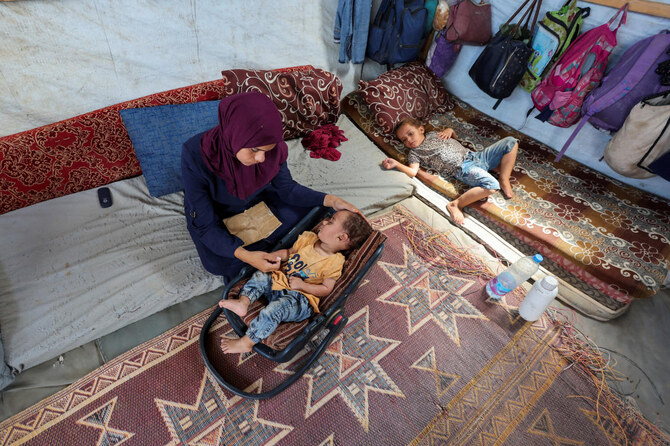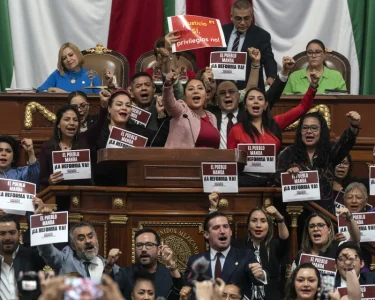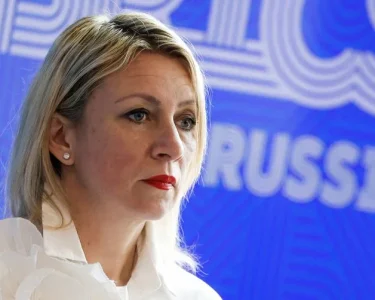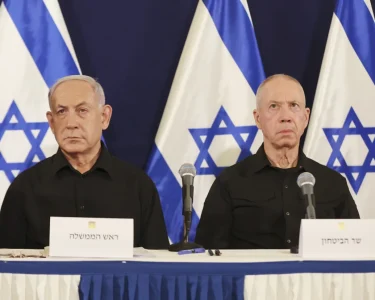In a significant development aimed at addressing the urgent public health crisis in Gaza, the World Health Organization (WHO) has successfully negotiated temporary pauses in the ongoing conflict to allow for the administration of polio vaccinations. This initiative comes at a time when the region is grappling with a resurgence of polio cases, exacerbated by the dire humanitarian situation and restricted access to medical care.

Background
Gaza, a region that has been embroiled in conflict for decades, is facing an escalating health crisis. With the healthcare system already stretched thin due to continuous violence and blockades, the re-emergence of polio has raised alarms among international health agencies. Polio, a highly infectious viral disease, primarily affects children under the age of five, leading to irreversible paralysis in some cases. The WHO, in collaboration with local health authorities and humanitarian organizations, has been working tirelessly to curb the spread of the disease.
WHO’s Initiative
Recognizing the urgent need to protect the vulnerable population, particularly children, the WHO has brokered a series of temporary ceasefires with the parties involved in the conflict. These pauses in fighting are crucial for allowing healthcare workers to move freely and administer the much-needed polio vaccines. The vaccination campaign is expected to target thousands of children who have been unable to access healthcare due to the ongoing hostilities.
Dr. Tedros Adhanom Ghebreyesus, the Director-General of WHO, emphasized the importance of this initiative, stating, “In the face of ongoing conflict, the health and well-being of children must remain a top priority. We commend the efforts of all parties to allow these essential vaccinations to take place, and we urge them to continue prioritizing the health of the most vulnerable.”
Challenges on the Ground
Despite the WHO’s efforts, the situation on the ground remains precarious. The temporary ceasefires are fragile, and there are concerns that the fighting could resume at any moment, jeopardizing the vaccination campaign. Additionally, logistical challenges, such as transporting vaccines in a war-torn region, pose significant obstacles.
Healthcare workers face immense risks as they navigate through conflict zones to reach affected communities. The WHO has called for international support to ensure the safety of these workers and the successful completion of the vaccination campaign.
Global Support and Solidarity
The international community has responded with widespread support for the WHO’s initiative. Several countries and organizations have pledged financial and logistical assistance to aid the vaccination efforts. The United Nations has also called for a sustained ceasefire to allow for the uninterrupted delivery of healthcare services in Gaza.
The resumption of polio vaccinations in Gaza is not just a local issue; it has global implications. The WHO has warned that if the disease is not contained in Gaza, it could spread to neighboring regions and beyond, posing a threat to global health security.
Impact on the Ground
For many families in Gaza, the resumption of polio vaccinations brings a glimmer of hope amid the chaos. Parents, who have been living in constant fear for their children’s safety, now see a chance to protect them from a debilitating disease. Local health workers, who have been tirelessly advocating for this campaign, express relief that their efforts are finally bearing fruit.
The WHO’s initiative also highlights the critical role that international organizations play in conflict zones. By negotiating ceasefires and coordinating healthcare efforts, the WHO is not only addressing immediate health needs but also laying the groundwork for longer-term stability in the region.
The WHO’s announcement of temporary pauses in Gaza’s fighting for polio vaccinations marks a significant step in the global fight against polio. While challenges remain, the resumption of vaccinations offers hope for a brighter future for the children of Gaza. It also serves as a reminder of the importance of prioritizing health even in the midst of conflict.
For more updates and in-depth analysis on global health initiatives, visit Digital Digest.




